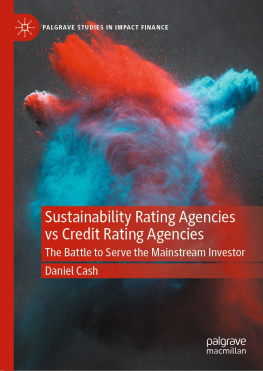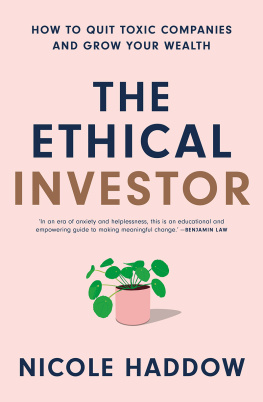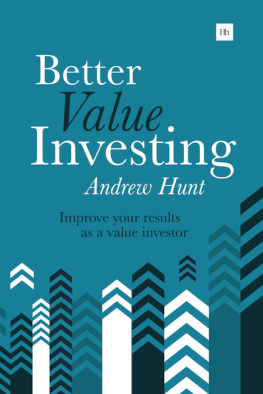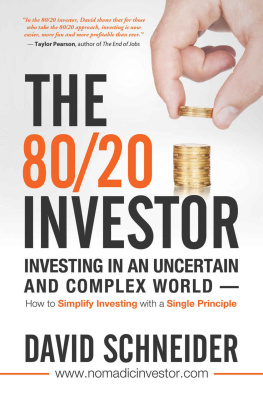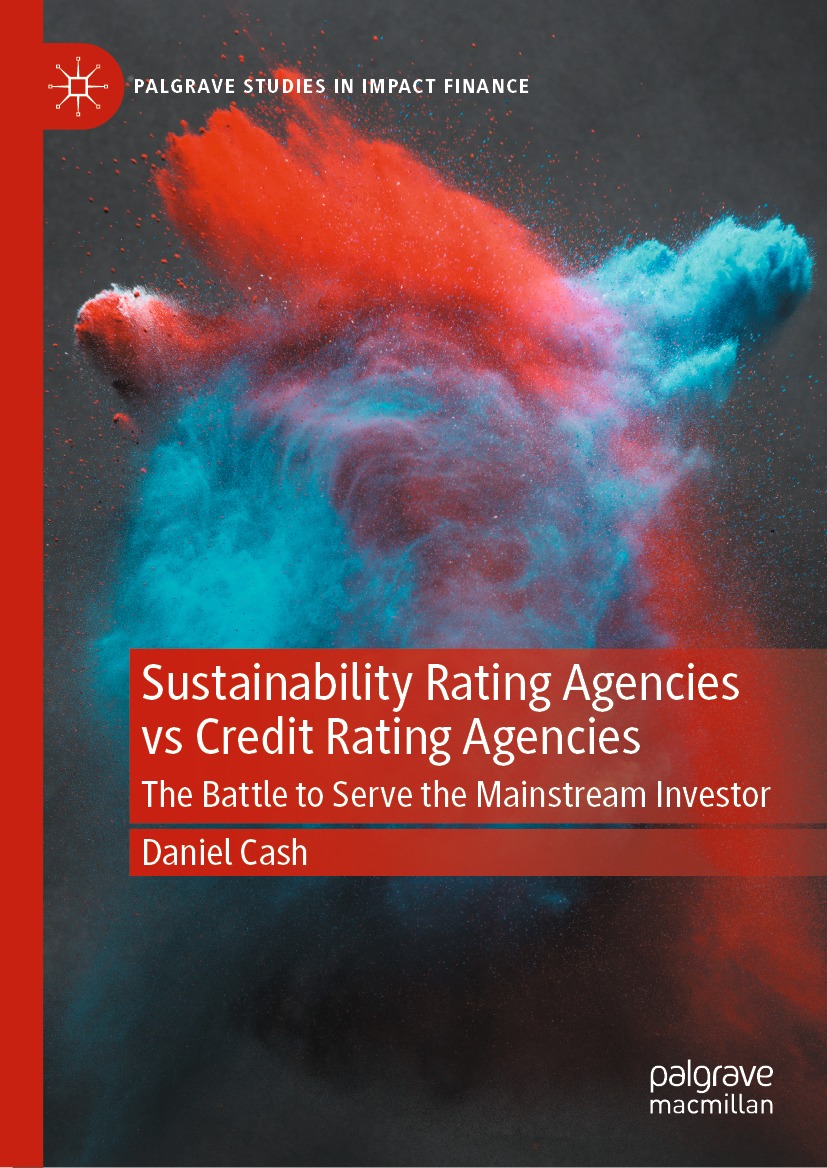Daniel Cash - Sustainability Rating Agencies vs Credit Rating Agencies: The Battle to Serve the Mainstream Investor
Here you can read online Daniel Cash - Sustainability Rating Agencies vs Credit Rating Agencies: The Battle to Serve the Mainstream Investor full text of the book (entire story) in english for free. Download pdf and epub, get meaning, cover and reviews about this ebook. year: 2021, publisher: Palgrave Macmillan, genre: Romance novel. Description of the work, (preface) as well as reviews are available. Best literature library LitArk.com created for fans of good reading and offers a wide selection of genres:
Romance novel
Science fiction
Adventure
Detective
Science
History
Home and family
Prose
Art
Politics
Computer
Non-fiction
Religion
Business
Children
Humor
Choose a favorite category and find really read worthwhile books. Enjoy immersion in the world of imagination, feel the emotions of the characters or learn something new for yourself, make an fascinating discovery.
- Book:Sustainability Rating Agencies vs Credit Rating Agencies: The Battle to Serve the Mainstream Investor
- Author:
- Publisher:Palgrave Macmillan
- Genre:
- Year:2021
- Rating:5 / 5
- Favourites:Add to favourites
- Your mark:
Sustainability Rating Agencies vs Credit Rating Agencies: The Battle to Serve the Mainstream Investor: summary, description and annotation
We offer to read an annotation, description, summary or preface (depends on what the author of the book "Sustainability Rating Agencies vs Credit Rating Agencies: The Battle to Serve the Mainstream Investor" wrote himself). If you haven't found the necessary information about the book — write in the comments, we will try to find it.
This book details the difference between the two rating industries, but this difference is converging all the time. The concept of investing in a more responsible and sustainable manner is drawing in some of the worlds leading investors and, with it, regulations and policies are developing at the highest levels. However, the market is not getting what it needs to fully submit to the concept of responsible investing. It has called for more to be done from those tasked with injecting information into their processes, and two industries in particular have been identified as being natural partners. It has been suggested that they are on a collision course to serve the mainstream investor, and in this book, that collision course is contextualised, explained, presented, and finally its outcome predicted.
Daniel Cash: author's other books
Who wrote Sustainability Rating Agencies vs Credit Rating Agencies: The Battle to Serve the Mainstream Investor? Find out the surname, the name of the author of the book and a list of all author's works by series.

